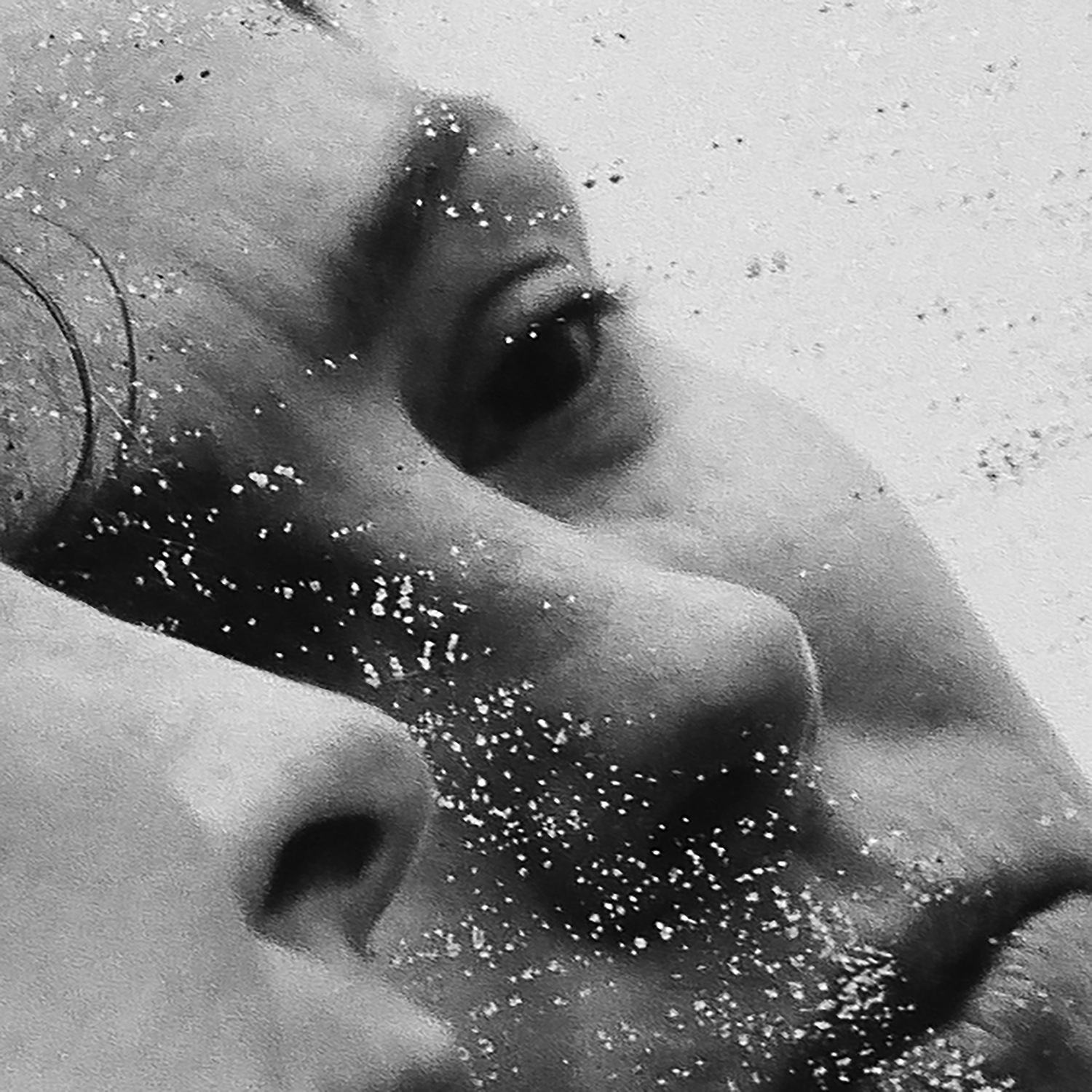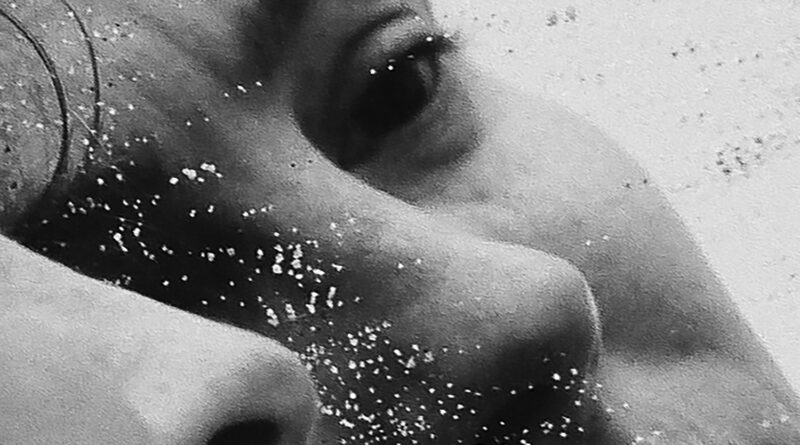ALBUM REVIEW: Engine Of Hell – Emma Ruth Rundle
Over the last few years, every new EMMA RUTH RUNDLE release has felt essential. From the moody, reverb-laden full band arrangements that defined her solo releases Marked For Death and On Dark Horses, to last year’s blisteringly doomy collaboration with THOU, Rundle’s song-writing prowess has always shone through the intricately crafted layers of post-rock ambience and occasional metal influences. Engine Of Hell continues the trend of deft song craft, but sees Rundle stepping away from the wall of textures that have shaped those last few releases. Instead, accompanied primarily by a solitary piano, an acoustic guitar and little else, Rundle has created something disarmingly intimate with her latest release.
The shift in sonic landscapes is immediately apparent from opener Return, a piano and vocal number that sounds like Rundle baring her soul uncomfortably close to the microphone. This approach is typical of the album, with Engine Of Hell often feeling like a private live performance rather than a production that has been obsessed over in post. Rundle’s vocals in particular feel exposed and raw, with every crack and imperfection left untampered with, and serving the greater whole of an emotional and authentic performance. While her voice is just as strong, clear and controlled as ever, Rundle’s willingness to present it as naturally as possible only adds to the musical honesty of the album. The approach compliments the gloomy downward shift of Return’s chorus perfectly, bringing the listener down to Rundle’s wallowing state effortlessly. Return and the other piano laden numbers like Dancing Man bring to mind the more plaintive side of AMANDA PALMER’s most recent solo album, There Will Be No Intermission, where vocal performance and lyrics delicately carry ivory keys along with them.
While Rundle’s voice has always been at the forefront of her music, the record’s overarching confessional vibes are made all the more visceral by the deliberately minimalist approach to instrumentation. Body is shaped around a piano riff that is almost Ludovico Einaudi-esque in its lilting serenity, making the slow skulk towards one of the album’s most melancholic choruses all the more impactful. Similarly, Razor’s Edge is driven by Rundle’s quiet acoustic guitar expertise, almost feeling upbeat and hopeful due to the intricate slides and sweeping chords across the fretboard. Even at its most opulent, Engine Of Hell remains stripped back; Blooms Of Oblivion sees not only both guitar and piano present, but incorporates some sparingly swept violin strings to further round out the sound. The light touch accompaniment and no-frills approach to production makes Engine Of Hell an exercise in the primeval, with every instrument feeling all the more poignant for it.
With such an understated approach, some may assume that this is a “simple” album in comparison to Rundle’s previous efforts. However, that would be to underestimate the skill and complexity required to write music that compels despite few embellishments – let alone the difficulty in exercising enough restraint to keep it that way. Rundle’s song-writing remains as vital as it always has done, as exemplified by album closer In My Afterlife. Thanks to its spine-tinglingly chilling chorus and ending coda of “Now I’m free”, the track sits with songs like Marked For Death and You Don’t Have To Cry as some of Rundle’s strongest material to date. Furthermore, it cements Engines Of Hell as yet another impressive chapter in EMMA RUTH RUNDLE’s storied body of artistic work.
Rating: 8/10

Engine Of Hell is set for release on November 5th via Sargent House.
Like EMMA RUTH RUNDLE on Facebook.

